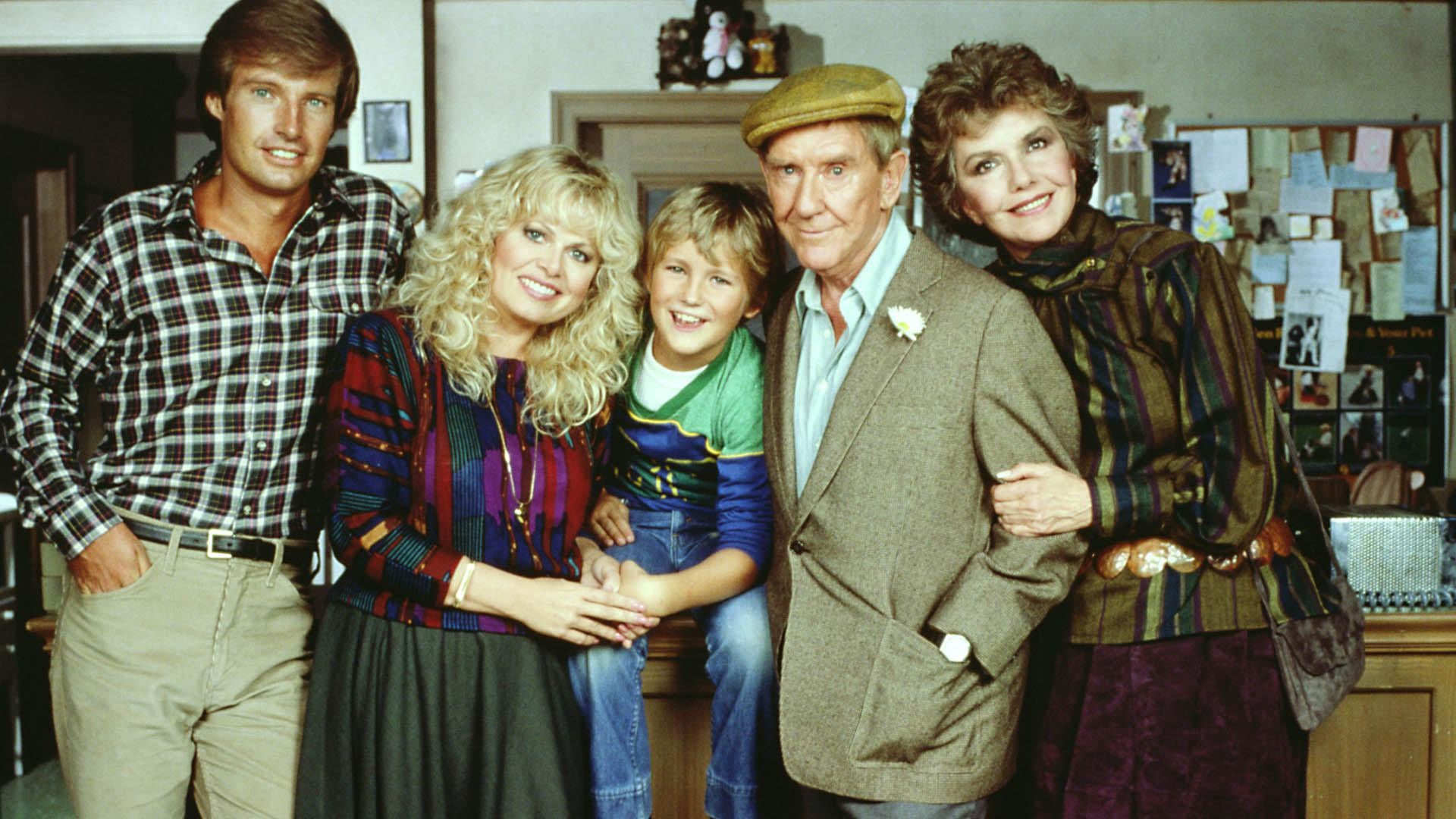
All in the Family may have aired its last episode in 1979, but it continues to be one of the most important and influential television shows in history. Why? Because it was ahead of its time. From its unapologetic portrayal of a flawed, dysfunctional family to its bold social commentary, this show changed the way we view television. Here are 10 reasons why All in the Family remains timeless, and why you should drop everything and binge-watch it right now.
1. Archie Bunker – The Iconic, Flawed Patriarch
At the center of All in the Family was the unforgettable Archie Bunker, a character so complex that audiences couldn’t help but be fascinated by him. Archie’s stubbornness, bigotry, and old-school mentality made him the perfect foil for his more progressive family members. But what made Archie truly memorable was his vulnerability. Beneath his tough exterior, Archie was a man who was terrified of change and the unknown. Carroll O’Connor’s masterful performance brought depth to a character who could have easily been a caricature.
2. Edith Bunker – The Heart of the Show
While Archie was the show’s fiery engine, Edith Bunker was its steady heart. Played by the remarkable Jean Stapleton, Edith’s sweetness and naïveté were a perfect contrast to her husband’s gruffness. Edith was always there to provide a kind word, a laugh, or a much-needed moment of tenderness. But she wasn’t just a passive character. Edith had her own set of struggles, and over the course of the series, she revealed a strength that made her one of the most beloved characters in TV history.
3. Breaking Down Barriers
All in the Family wasn’t afraid to push the boundaries of what was considered acceptable on television. Topics like racism, sexism, the Vietnam War, and even homosexuality were brought to the forefront in a way that had never been done before. The show didn’t shy away from controversy; instead, it used it to spark conversations. By confronting these issues head-on, it forced audiences to reckon with their own biases and beliefs.
4. The Show That Taught Us to Laugh at Ourselves
While All in the Family dealt with serious subjects, it never lost its sense of humor. The show’s brilliance lay in its ability to blend biting satire with moments of absurdity. Whether it was Archie’s hilariously misguided attempts to prove he was always right or Edith’s well-meaning but often ridiculous comments, the show used humor to deflate tension and make uncomfortable topics more approachable.
5. The Role of Women – Ahead of Its Time
One of the standout aspects of All in the Family was its portrayal of women. Gloria, Edith, and even the supporting female characters were not just stereotypes but fully realized people with their own opinions, flaws, and strengths. Gloria, in particular, was a trailblazer in feminist television portrayals. She often clashed with her father, Archie, over issues like gender equality, and her character was a reflection of the changing role of women in society during the 1970s.
6. Michael Stivic – The Liberal Voice of the Younger Generation
Michael, Gloria’s husband, represented the younger generation’s shift in attitudes toward politics and social issues. As a college-educated liberal, he was often at odds with his conservative father-in-law. Michael’s sharp wit and progressive ideals made him an excellent foil for Archie’s regressive views, creating the show’s most iconic and often hilarious debates.
7. The Comedy That Stands the Test of Time
The humor of All in the Family was cutting-edge for its time, and it still holds up today. From the quick-witted dialogue to the absurd situations the characters found themselves in, the show blended political commentary with sharp comedy in a way that remains fresh and funny.
8. Its Groundbreaking Format
While most sitcoms of the time followed a predictable format, All in the Family took risks. The show didn’t shy away from confrontation or uncomfortable moments. It wasn’t afraid to make its characters look bad or question their beliefs. This willingness to go against the grain set All in the Family apart from its peers.
9. The Influence on Future TV Shows
All in the Family paved the way for countless other shows that tackled social issues and family dynamics in new ways. From The Simpsons to Family Guy to The Office, many modern sitcoms owe a debt to All in the Family for showing that humor could be a powerful tool for addressing societal issues.
10. A Legacy That Lives On
Though it’s been decades since the show’s finale, All in the Family continues to be relevant. Its social commentary, characters, and humor remain just as impactful today as they were in the 1970s. The show’s legacy endures in the cultural conversations it started and the television shows it influenced.
Conclusion
All in the Family was more than just a sitcom; it was a cultural phenomenon that changed the landscape of television. Its impact is still felt today, and it remains a must-watch for anyone who wants to understand the evolution of television and its power to reflect and shape society. If you haven’t seen it yet, now is the time to catch up on this groundbreaking series. Trust us – you won’t regret it.
